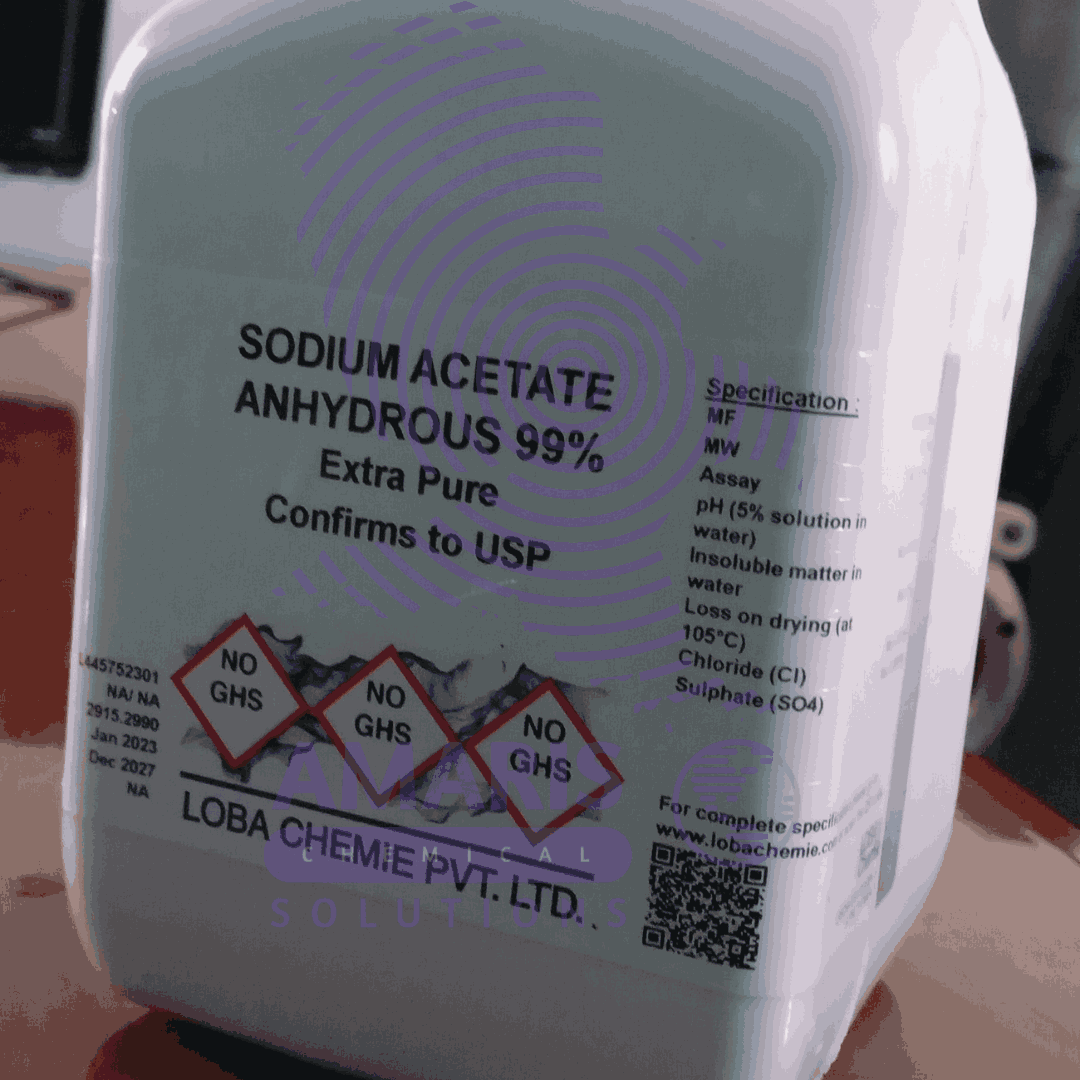
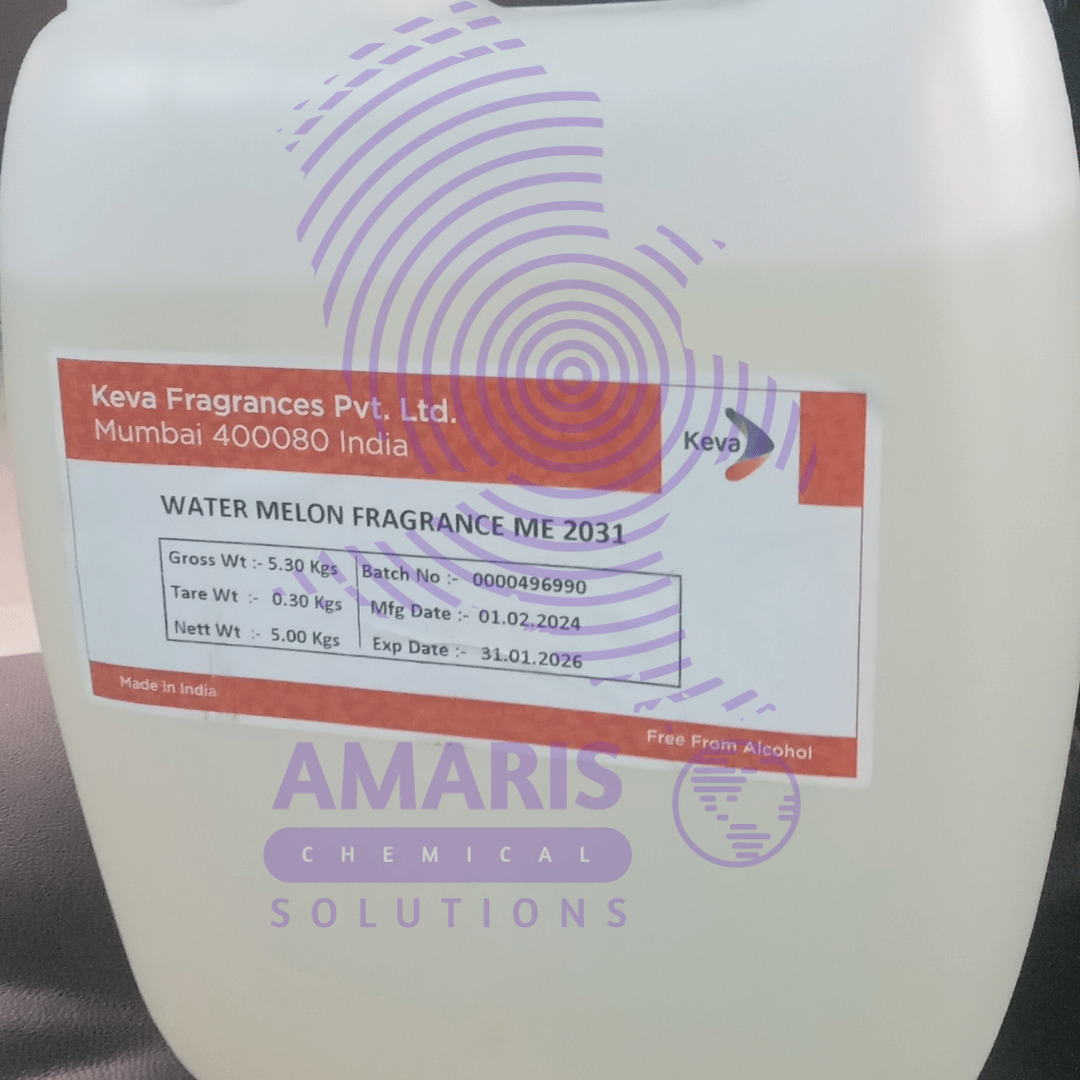
Dextrose monohydrate 500gms
$2,300.00 Original price was: $2,300.00.$2,200.00Current price is: $2,200.00.
Dextrose monohydrate, also known as glucose monohydrate, is commonly used in laboratories for various purposes, especially in biological and biochemical experiments. Here are a few ways it might be used:
- Culture Media: Dextrose monohydrate is often included in culture media for microbial growth. It serves as a carbon source for microorganisms.
- Cell Culture: In cell culture, dextrose monohydrate can be used as an energy source for cells. It provides glucose, which is a vital nutrient for cell growth.
- Buffer Solutions: It can be used in buffer solutions to maintain pH levels during experiments, especially those involving enzymatic reactions or other biochemical processes.
- Analytical Chemistry: In analytical chemistry, dextrose monohydrate can be used as a standard for calibrating instruments or as a reagent in various assays.
- Freezing Medium: It can be included in freezing media for the preservation of biological samples.
- Chemical Synthesis: Dextrose monohydrate may also be used as a reactant or a reducing agent in various chemical synthesis reactions.
uses of Dextrose monohydrate
Culture Media:
Glucose monohydrate is frequently used in microbiology laboratories as a carbon source in culture media for growing microorganisms. Many bacteria and fungi utilize glucose as a primary energy source for growth and reproduction.
Cell Culture:
In cell biology and tissue culture, glucose monohydrate is an essential component of growth media. It provides a readily available energy source for cells to support their metabolic activities and proliferation.
Biochemical Assays:
Glucose is often used as a substrate or a control in biochemical assays and experiments. For instance, it can be utilized in enzymatic assays to study the activity of glucose-specific enzymes like glucose oxidase or hexokinase.
Buffer Solutions:
Glucose monohydrate can be incorporated into buffer solutions to help maintain a stable pH environment during various laboratory procedures. It is particularly useful in buffering systems where maintaining physiological pH ranges is critical.
Cryopreservation:
Glucose solutions are commonly used in cryopreservation techniques to preserve biological samples at ultra-low temperatures. Glucose serves as a cryoprotectant, helping to prevent cellular damage during freezing and thawing processes.
Diagnostic Tests:
Glucose is a vital component in various diagnostic tests used in clinical laboratories. For example, glucose assays are routinely performed to measure blood glucose levels for the diagnosis and monitoring of diabetes mellitus.
Chemical Synthesis:
Glucose monohydrate can be employed as a starting material or a reactant in organic synthesis reactions, especially in carbohydrate chemistry and related fields.
2 reviews for Dextrose monohydrate 500gms


MAECENAS IACULIS
Vestibulum curae torquent diam diam commodo parturient penatibus nunc dui adipiscing convallis bulum parturient suspendisse parturient a.Parturient in parturient scelerisque nibh lectus quam a natoque adipiscing a vestibulum hendrerit et pharetra fames nunc natoque dui.
ADIPISCING CONVALLIS BULUM
- Vestibulum penatibus nunc dui adipiscing convallis bulum parturient suspendisse.
- Abitur parturient praesent lectus quam a natoque adipiscing a vestibulum hendre.
- Diam parturient dictumst parturient scelerisque nibh lectus.
Scelerisque adipiscing bibendum sem vestibulum et in a a a purus lectus faucibus lobortis tincidunt purus lectus nisl class eros.Condimentum a et ullamcorper dictumst mus et tristique elementum nam inceptos hac parturient scelerisque vestibulum amet elit ut volutpat.
Related products
Acesulfame K
Acesulfame potassium (acesulfame K) is a high-intensity, calorie-free artificial sweetener. It is about 200 times sweeter than sugar and is heat-stable, making it suitable for cooking and baking.
Uses:
- Food & Beverages: Commonly used in soft drinks, baked goods, dairy products, and chewing gum.
- Pharmaceuticals: Added to medicines to improve taste.
- Tabletop Sweeteners: Found in sugar substitutes, often blended with other sweeteners like aspartame or sucralose.


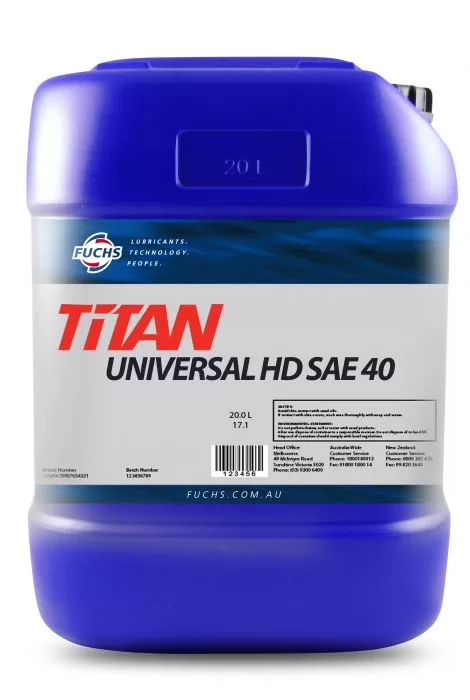

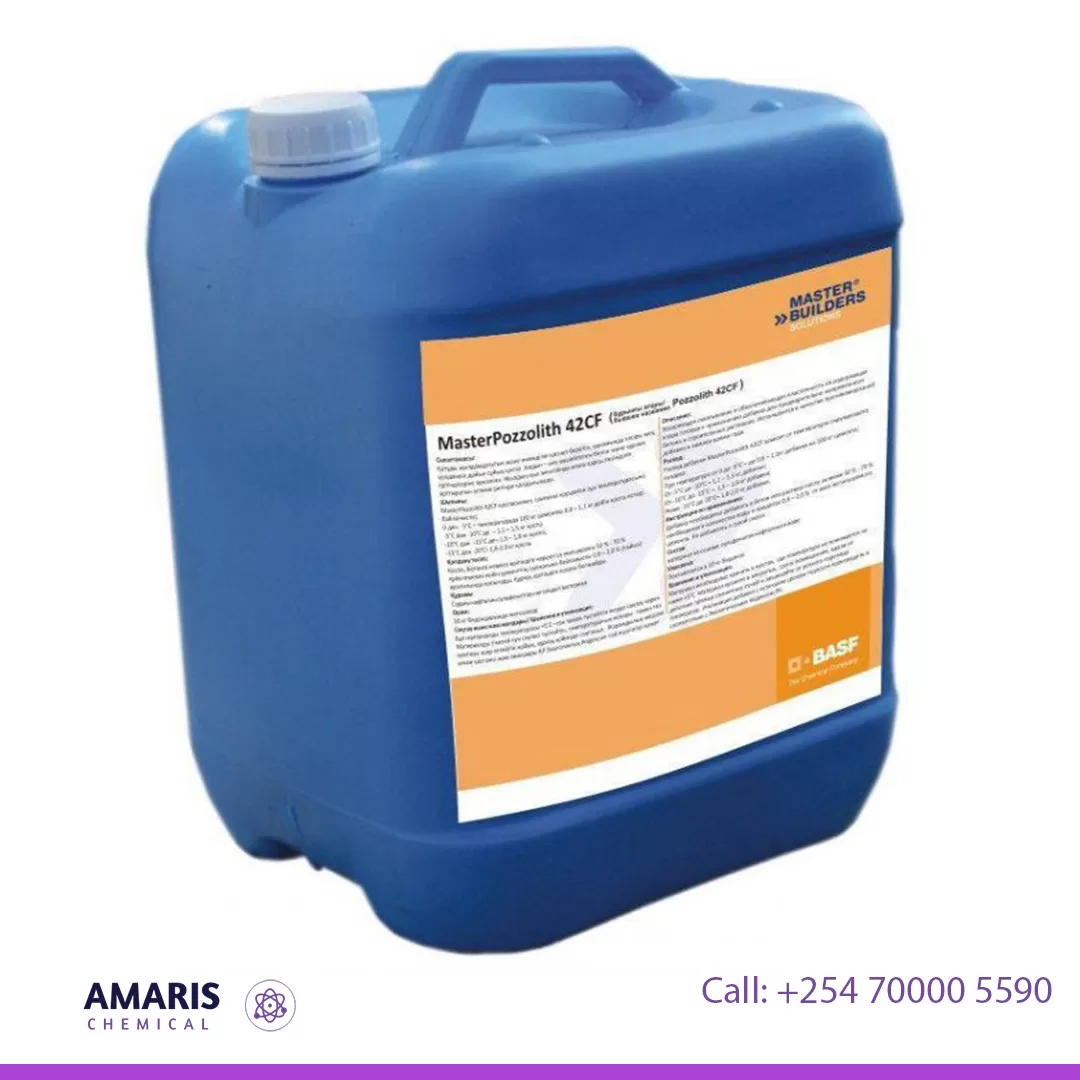





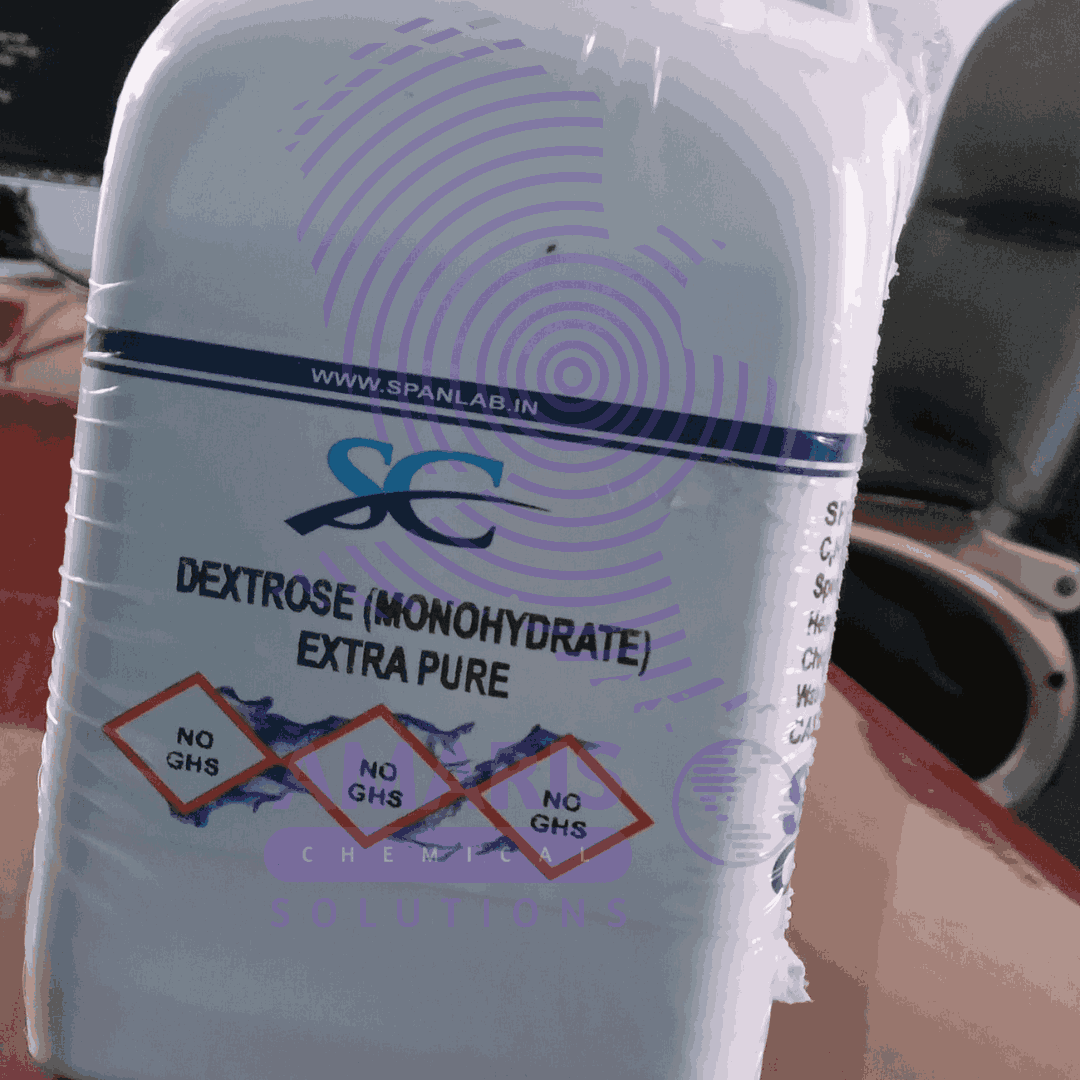


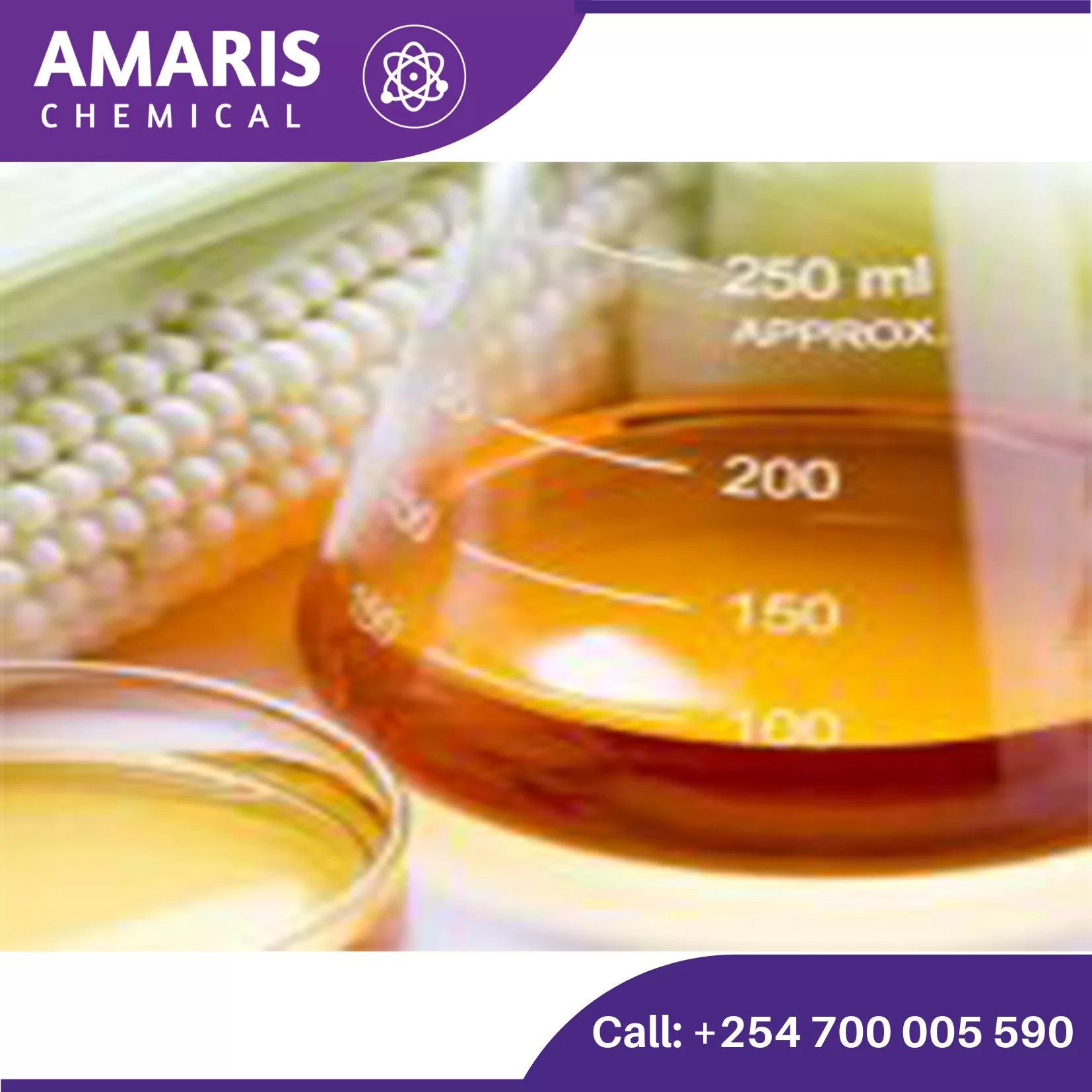
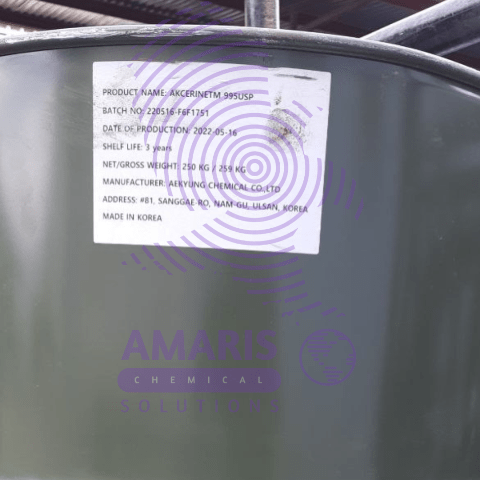
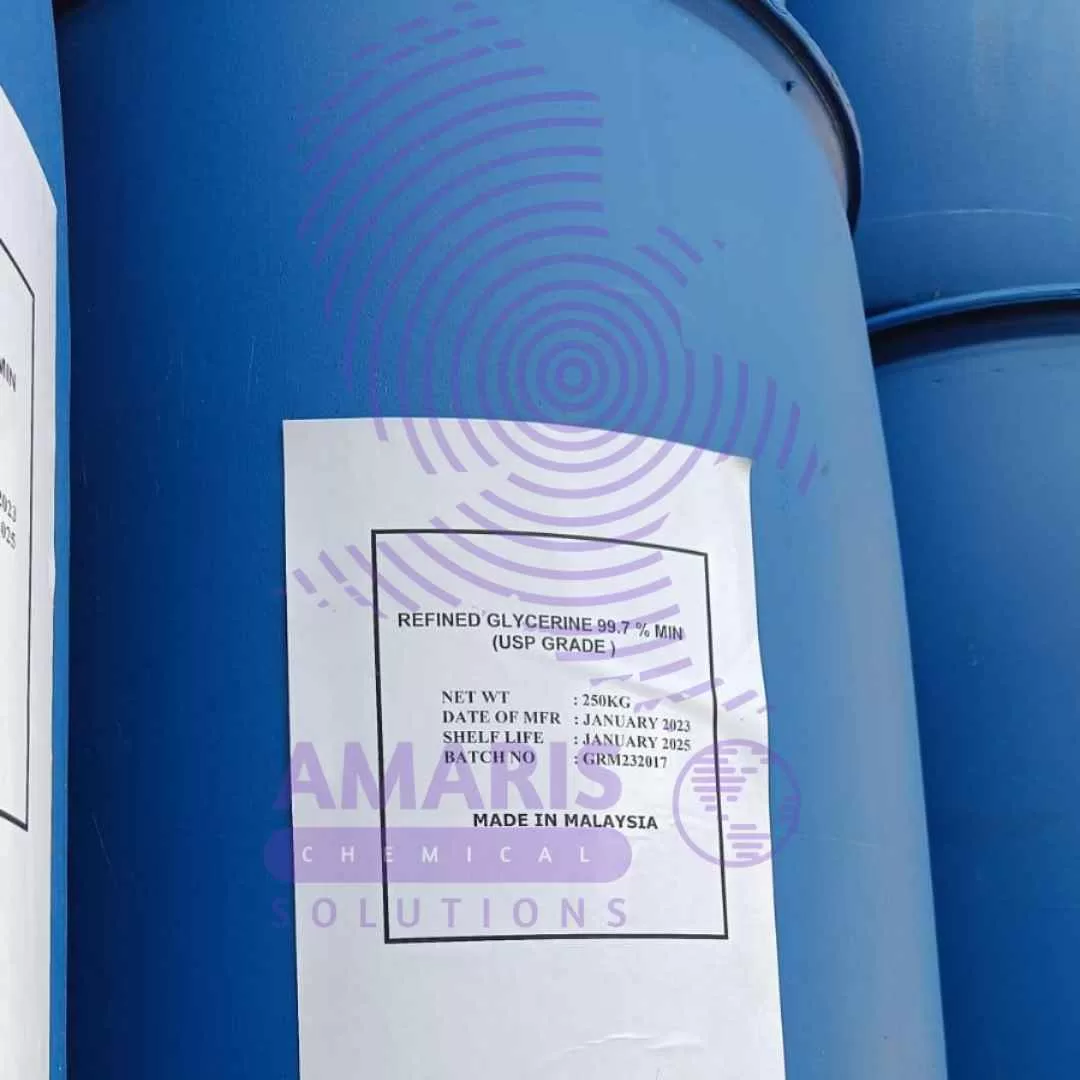
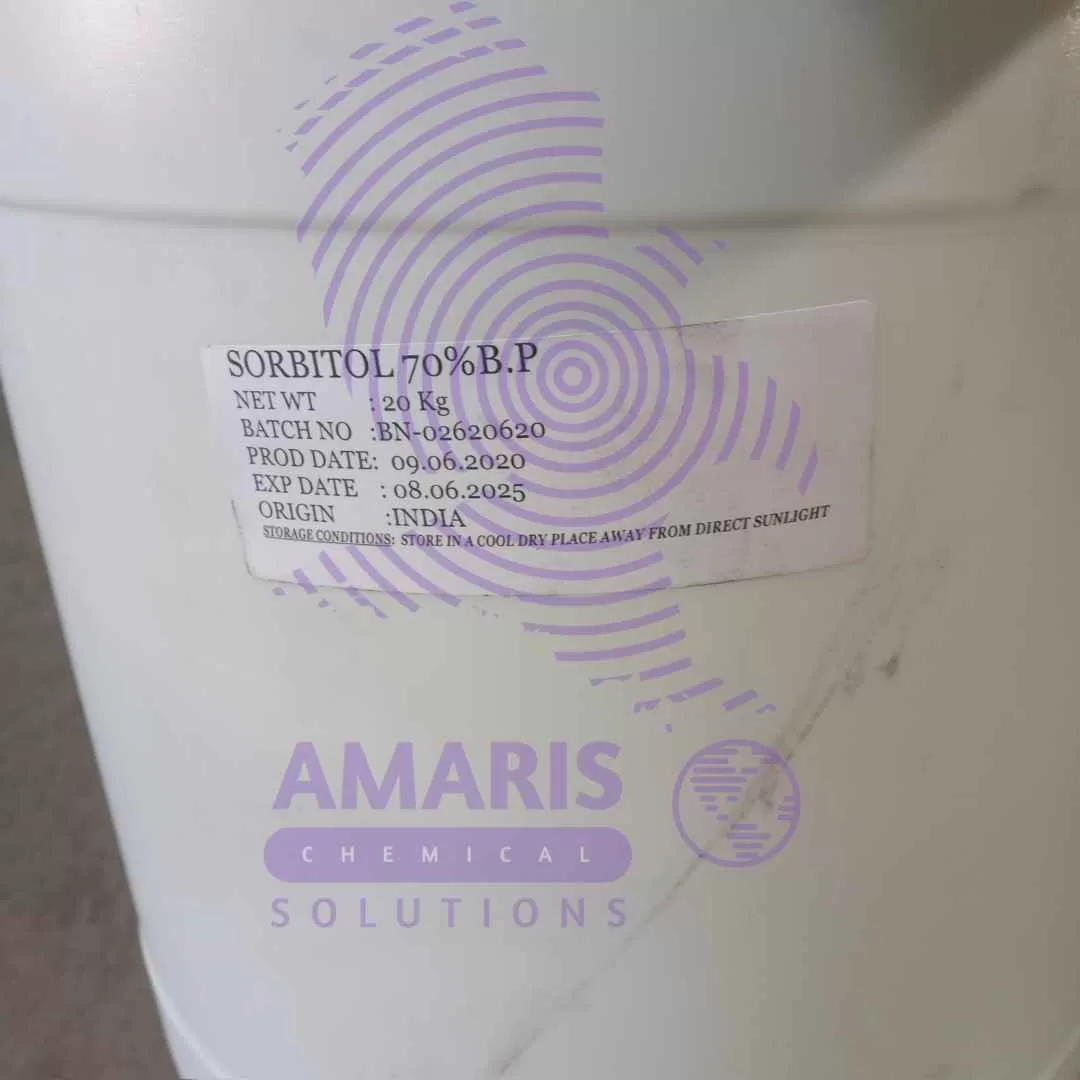
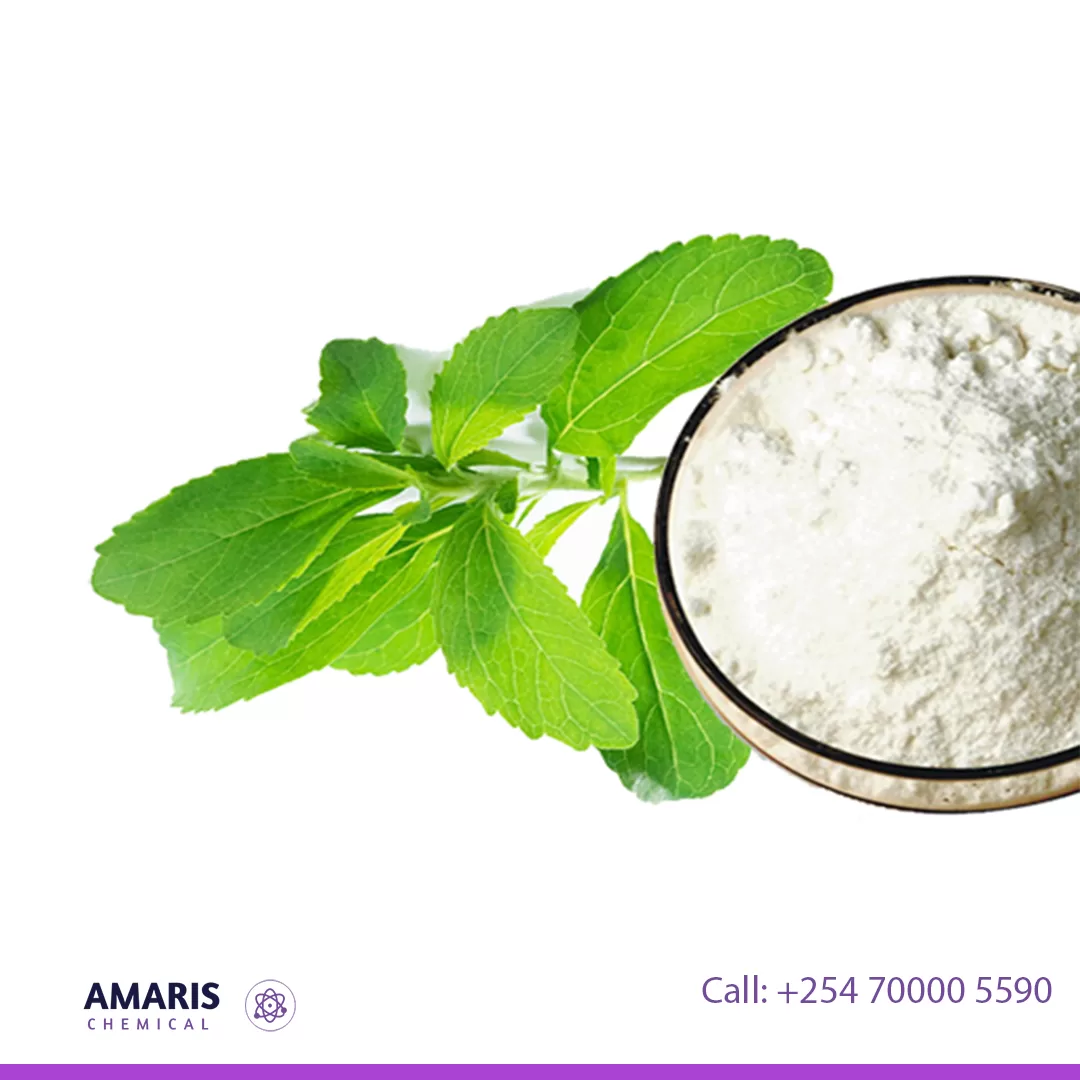
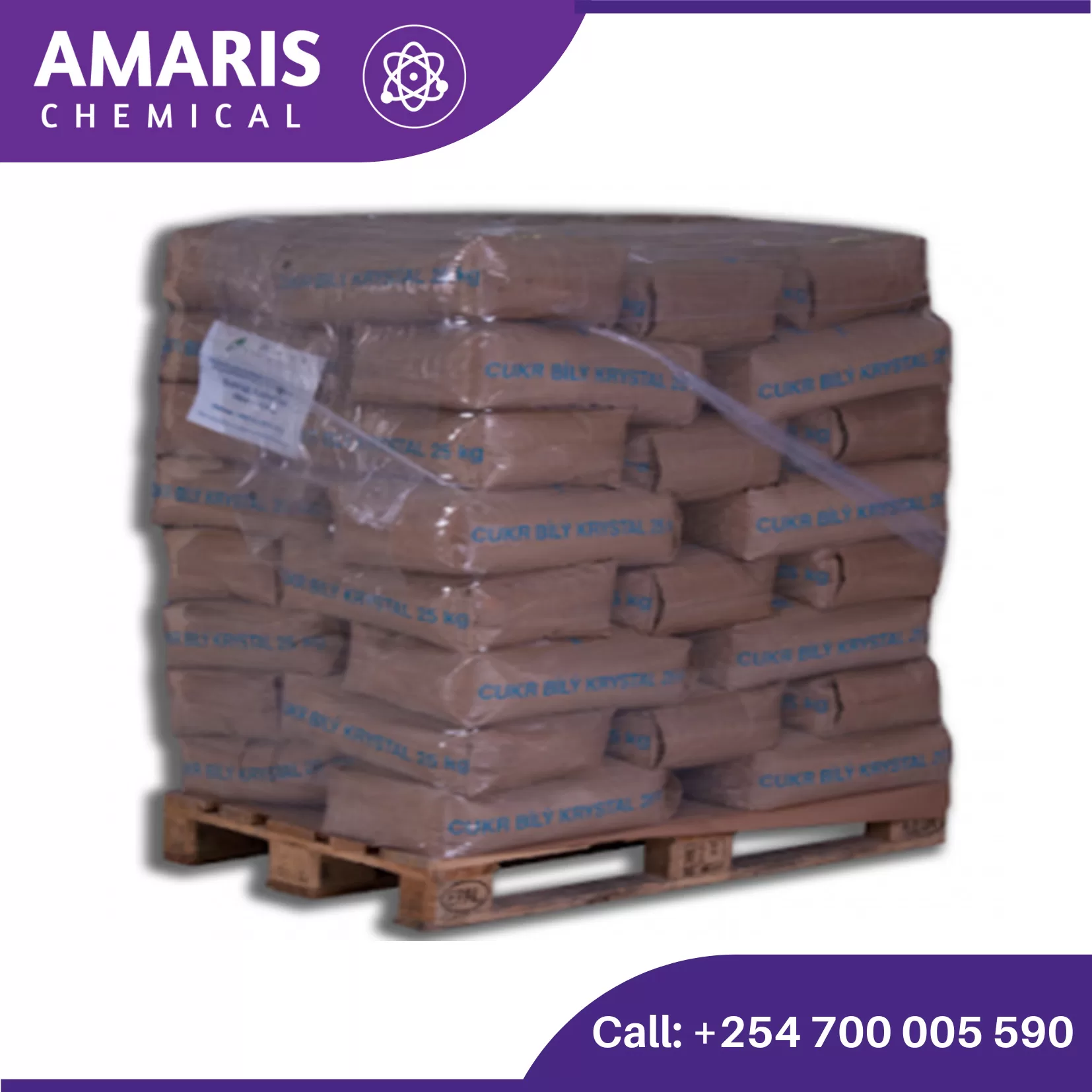
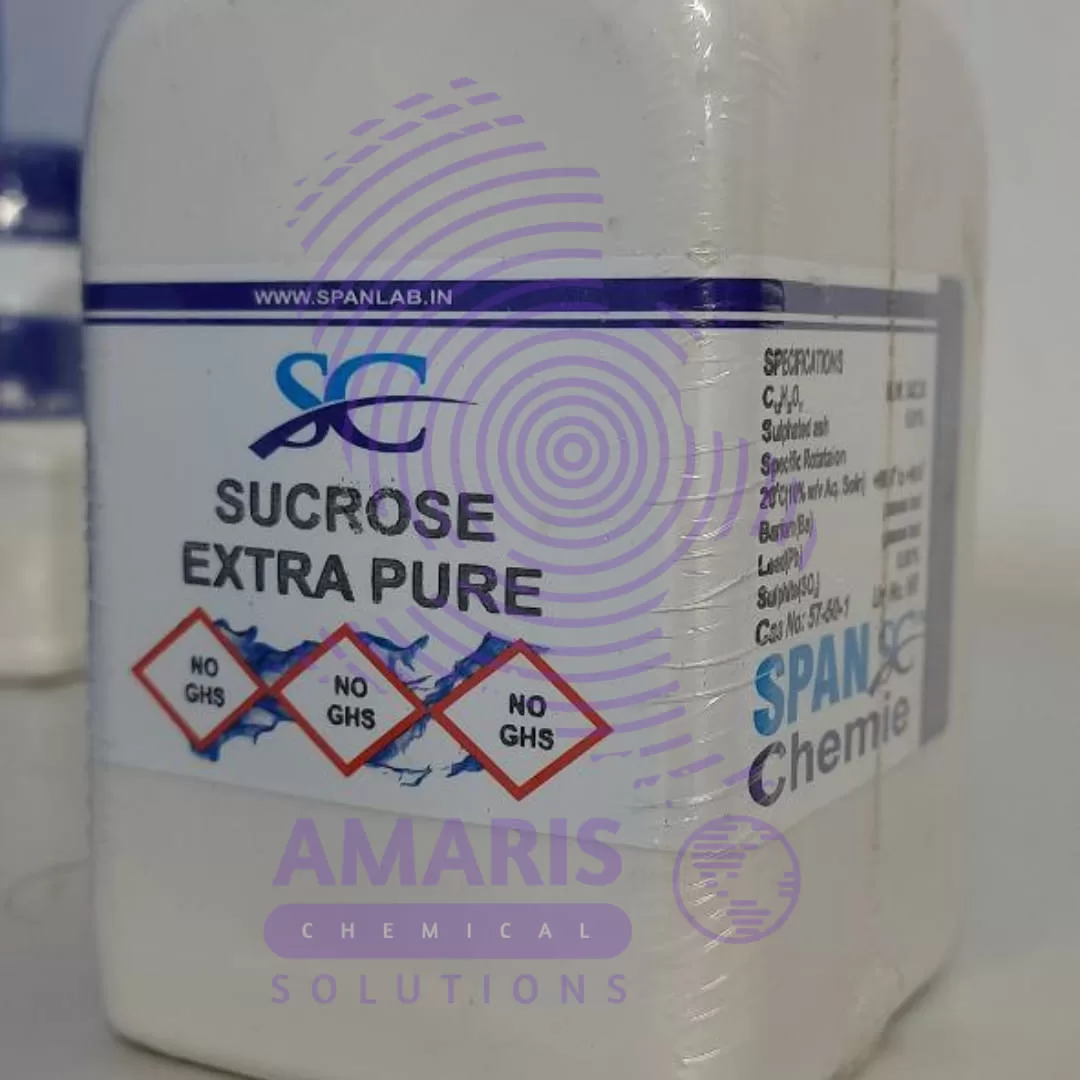









Arcadia –
Commonly used as a sweetener in food products
Kiptum –
Acts as a preservative to extend the shelf life of products